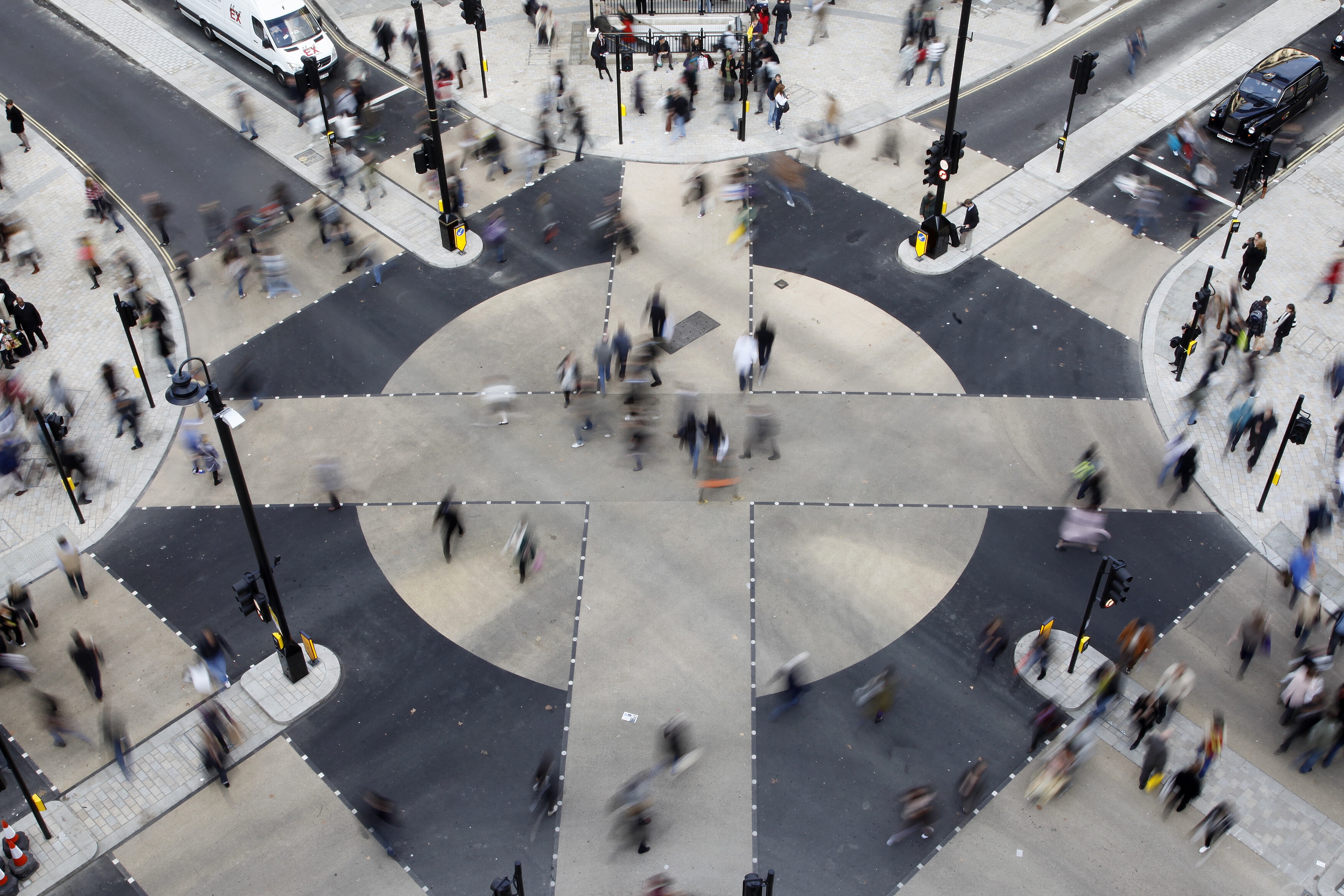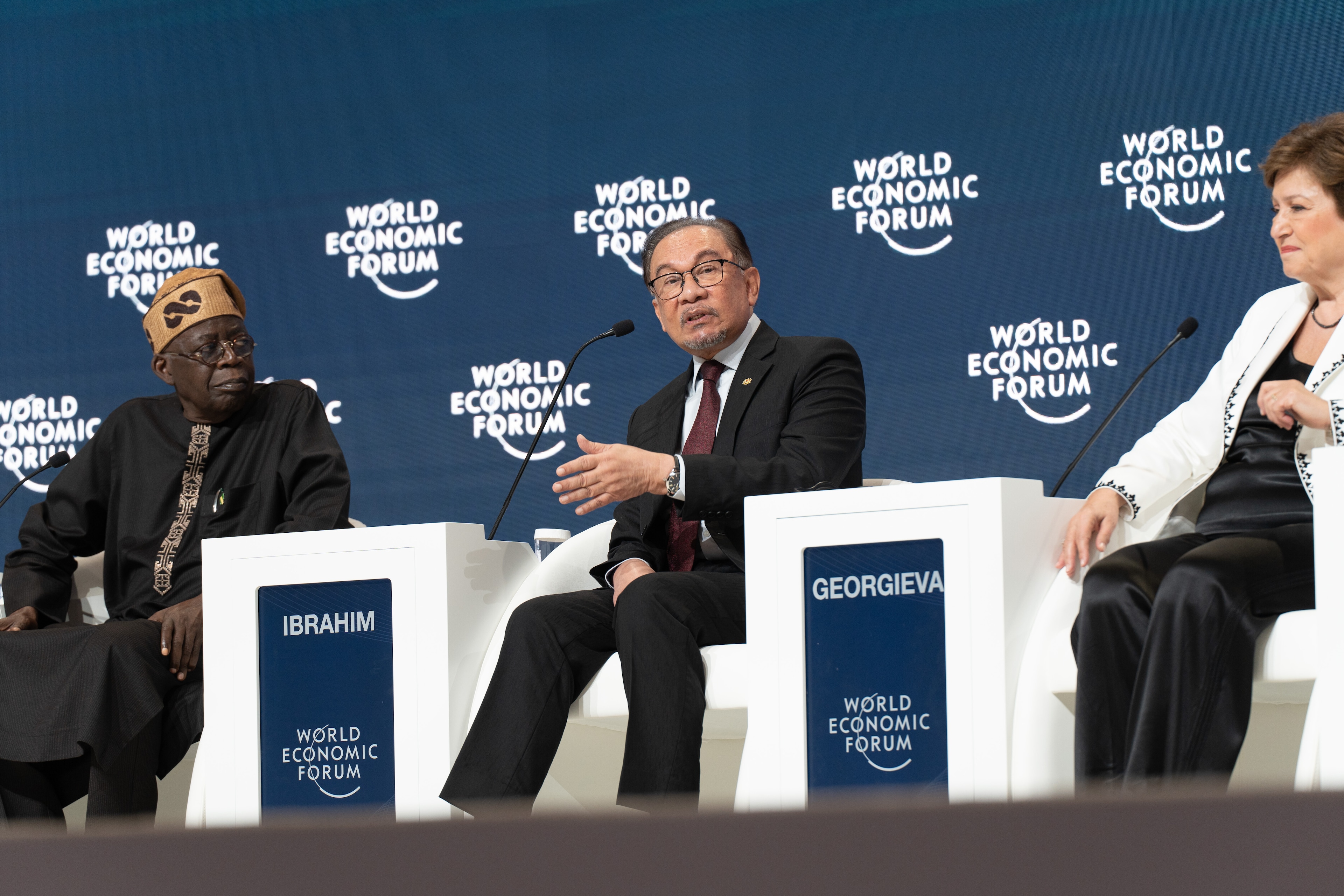Three ways to be a more resilient leader


Get involved with our crowdsourced digital platform to deliver impact at scale
Stay up to date:
Innovation
If there’s one thing certain about the new global context – which is the theme of the World Economic forum annual Meeting in Davos this year – it’s that change, complexity and volatility are the main offerings.
Leaders who want to thrive and adapt to this context would be wise to think about resilience. Resilience, by definition, is about embracing change. It is about not just bouncing back from stresses and shocks, but having the foresight to prepare for – and ideally prevent – crises, and having the adaptive and innovative capacity to rebuild, stronger, after catastrophe strikes.
Great minds from fields as diverse as ecology, psychology, military strategy and cybersecurity have studied resilience. It turns out that no matter what field you look at, resilient people and systems share common characteristics. They have diverse and thriving relationships with tight feedbacks, allowing internal and contextual change to be perceived and understood. They have sufficient buffers – otherwise known as a bit of wiggle room – to preserve options when a person or system becomes compromised. Finally, resilient systems and people react adaptively: they find ways to decouple from adverse influences or shut down non-essential functions in order to maintain critical ones.
Just understanding these core features, the what that makes us resilient, would be a giant leap forward. The next step is even more essential and exciting. What if all of us – from the average citizen to the global CEO – knew how to build resilience? What if we could learn resilience “orientations”, so that when we approached problems or designed solutions, we did so through a resilience lens?
Three core orientations are essential:
- Start connecting. Connect first with yourself: know who you are, where you’re coming from and what drives you. Then connect to others: build relationships based on understanding, transparency and trust – not just with your neighbour but across boundaries and disciplines. Finally, connect to your context: become an expert at mapping the complex interactions between you and your broader environment. And don’t forget to see these connections across space and time.
- Start adapting. So many of us are stuck in fixed mindsets, locked down by unconscious biases or fears. Open up. Let change hit you. Take it in so you can learn and grow, adjusting your orientations and behaviours to suit a changing reality.
- Start innovating. When we operate from a place of connection and openness, we are exposed to many more ideas, allowing us to create the conditions for breakthroughs. We are able to tap into “flow” – a state of heightened creativity and optimal performance unrestricted by self-doubt – that enables us to envision and spur future scenarios that others can’t yet see.
Today’s world is extraordinary; it demands extraordinary leaders, capable of generating paradigm-shifting insights and innovations.
Changing to this extent may sound difficult. But what choice do we have? As a great Buddhist scholar once said, while daily meditation practice is difficult, the only thing more difficult is not doing it. The same holds true for adopting resilience. It’s tough, but it’s going to be a lot tougher to keep on living without adapting our orientations to suit the new global context.
Some good news: resilience leads to the things we now know from extensive research make us happier: having close relationships, contributing meaningfully to the world, pursuing our creative potential and experiencing the rewarding state of flow. Beyond personal fulfilment, resilience “orientations” – if ethically motivated – are good for humanity. They cultivate social inclusion, preserve biodiversity, help us maintain planetary services such as clean air and water, healthy soil and a liveable climate. Ultimately, this translates to inter-generational well-being – a world where the future is better for everyone, everywhere.
That sounds like a worthwhile change to me. What do you think?
Author: Julia Novy-Hildesley, Founder & CEO Resilience in Action, Young Global Leader. Watch a video of her explaining her ideas here.
Image: Evening commuters are seen in central London March 18, 2009. REUTERS/Toby Melville
Don't miss any update on this topic
Create a free account and access your personalized content collection with our latest publications and analyses.
License and Republishing
World Economic Forum articles may be republished in accordance with the Creative Commons Attribution-NonCommercial-NoDerivatives 4.0 International Public License, and in accordance with our Terms of Use.
The views expressed in this article are those of the author alone and not the World Economic Forum.
The Agenda Weekly
A weekly update of the most important issues driving the global agenda
You can unsubscribe at any time using the link in our emails. For more details, review our privacy policy.
More on Economic GrowthSee all
Roger Spitz
May 3, 2024
Sreevas Sahasranamam and Vivek Soundararajan
May 3, 2024
Wolfgang Fengler and Homi Kharas
May 3, 2024
Meagan Andrews and Haleh Nazeri
May 3, 2024
Joe Myers
May 3, 2024
Gayle Markovitz and Kate Whiting
May 2, 2024






